-28 F. low temperature at St. Cloud Sunday morning.
-7 F. maximum temperature as of 7 PM last night.
24 F. average high on December 18.
16 F. high on December 18, 2015.
December 19, 1983:
Record lows are set across central Minnesota with temperatures ranging
from fifty degrees below zero to the upper twenties below zero. Mora set
their record with a low of 52 below, with 42 below at Little Falls, 41
below at Jordan, St. Cloud, and Cambridge, and 39 below at Long Prairie,
Milaca, and Stillwater.
December 19, 1923: Unseasonably mild temperatures occur in Minnesota. Temperatures climb into the 60s at New Ulm.
December 19, 1923: Unseasonably mild temperatures occur in Minnesota. Temperatures climb into the 60s at New Ulm.
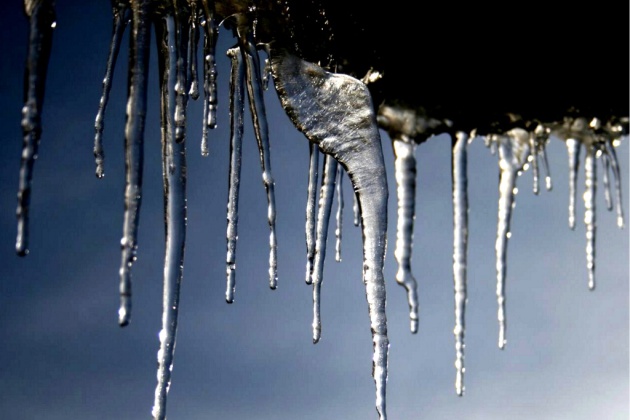
Polar Pain Fades - A Welcome Thaw This Week
If you could somehow teleport an 1836 Fort Snelling settler into 2016 I wonder what they would think? Would they be amused by our skyways, heated car seats and remote-control gas fireplaces? Or would they be horrified by our creature comforts?
Friends in other (duller) parts of the USA ask me what -20F feels like. "Imagine being dipped headfirst into battery acid" I explain. "It only hurts when you breathe."
There's a better than even chance that yesterday was the coldest day of the winter. No record lows for MSP, in fact the Twin Cities haven't set a record low in 20 year. After the 3rd wettest, 3rd warmest year on record it was simple atmospheric payback.
The prickly pain is fading, now comes the thaw. Highs flirt with freezing Tuesday into Friday. Avoid the temptation to take off your shirt.
ECMWF guidance hints at an inch of slush Friday. No travel problems Christmas Eve but Christmas Day may bring another major storm with snow, ice, even rain mixing in. It's too early for details, but I'm confident this will be the snowiest winter since 2013-14, when 70" fell at MSP.

10-Day Snowfall Potential. The GFS is also hinting at significant snows for the northern tier of the USA over the next 10 days; the heaviest projected amounts across Minnesota and Wisconsin next Sunday and Monday. Stay tuned. Map: Tropicaltidbits.com
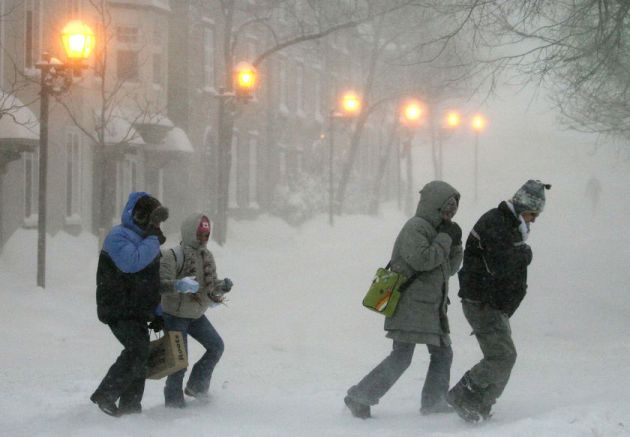
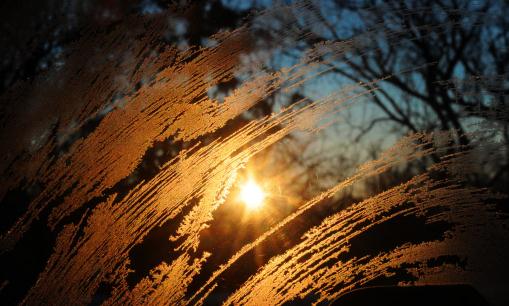
Think you may suffer from SAD? The Mayo Clinic lists these symptoms:
• Irritability
• Tiredness or low energy
• Problems getting along with other people
• Hypersensitivity to rejection..."
5 Ways To Make Sure Your Parents Are Safe in Bad Weather. It pays to be paranoid, especially with older parents; here's a clip from PBS nextavenue: "...Power outages can easily occur in winter and summer weather so it’s important that older adults know what to do and not do when the power is out. For example, I make sure that my dad has a good number of non-perishable food items and bottled water on hand so he’ll have plenty to eat if we can’t get to the store. But my husband and I have stressed that he should never try to heat up those non-perishables using his camping stove. As this piece from Today.com explains, because of the risk of carbon monoxide poisoning, no one should ever “burn charcoal or use gasoline- or propane-powered equipment inside [the] home...”
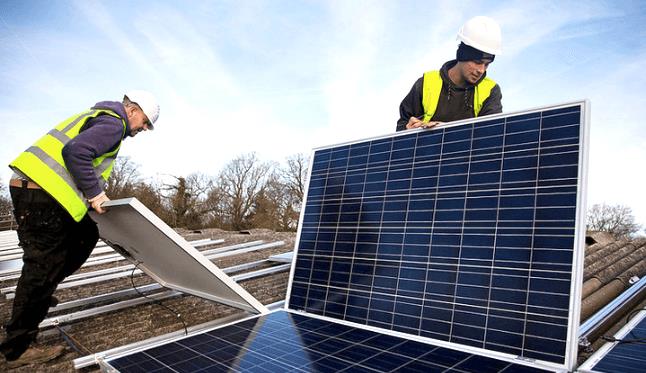
Something Americans Can Agree On. Here's an excerpt of an Op-Ed from Robert Redford at TIME: "...There are not many things the vast majority of Americans agree on. The election certainly reminded us of this fact. In an increasingly divided country, it is becoming harder and harder to find common ground, particularly surrounding the issues of energy development and climate change. One of the few issues with strong bipartisan support is, surprisingly, solar power. A recent poll found nearly nine in 10 Americans support the expansion of solar power. Among all the energy sources, it has the highest favorability rating. That’s for good reason..." (Photo credit: Solar City).
Old Jobs That No Longer Exist. Some professions get disrupted faster than others. Check this out from Holy Kaw! "Chances
are, if you’re in the town crier or resurrectionist business,
opportunities have been few and far between in the last century or two.
As we look to the future to predict what jobs the robot armies will
overtake, it’s refreshing to glance back the other direction in time to
see where we’ve been..."
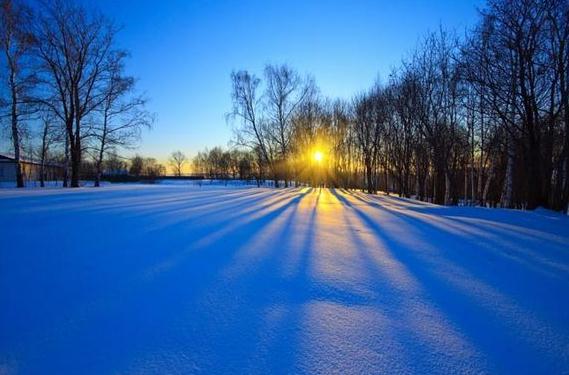
TODAY: Partly sunny, better. Winds: SW 10-15. High: 25
MONDAY NIGHT: Partly cloudy, not as cold. Low: 24
TUESDAY: Thawing out. Patchy clouds, windy. Winds: W 15-25. High: 36
WEDNESDAY: More clouds, few flurries. Winds: NW 8-13. Wake-up: 23. High: 33
THURSDAY: Intervals of sun, almost pleasant. Winds: SW 5-10. Wake-up: 24. High: 32
FRIDAY: A little slushy snow possible. Winds: SW 10-15. Wake-up: 21. High: 34
SATURDAY: More clouds than sun, good travel conditions. Winds: NW 10-15. Wake-up: 19. High: 26
SUNDAY: Potential for heavy snow, ice and rain. Winds: NE 10-20+ Wake-up: 18. High: near 30
TUESDAY: Thawing out. Patchy clouds, windy. Winds: W 15-25. High: 36
WEDNESDAY: More clouds, few flurries. Winds: NW 8-13. Wake-up: 23. High: 33
THURSDAY: Intervals of sun, almost pleasant. Winds: SW 5-10. Wake-up: 24. High: 32
FRIDAY: A little slushy snow possible. Winds: SW 10-15. Wake-up: 21. High: 34
SATURDAY: More clouds than sun, good travel conditions. Winds: NW 10-15. Wake-up: 19. High: 26
SUNDAY: Potential for heavy snow, ice and rain. Winds: NE 10-20+ Wake-up: 18. High: near 30
Climate Stories...
Photo credit: "Gunstock ski area in Gilford, New Hampshire. Some ski resort execs in New England are seeking more reliable snowfall further north." Jim Cole / AP.
Graphic credit: "Global average surface temperature, 1979-2016."
Map credit: "Each of the lower 48 states is having one of its 10 hottest years on record." Credit: Climate Central
Scientists Are Tying More Extreme Events to a Changing Climate. Here's an excerpt from The Washington Post: "A new report, published Thursday as a special edition of the Bulletin of the American Meteorological Society, provides some of the best evidence yet that climate change already has a hand in our worst weather. It points to a variety of extreme weather events in 2015 that were likely influenced by global warming, from heat waves in Australia to heavy rain in China to raging wildfires in Alaska. The report, examining research on two dozen weather events, was compiled and edited by scientists from the National Oceanic and Atmospheric Administration, as well as the Met Office Hadley Centre for Climate Prediction and Research..."
Photo credit: "The setting sun is partially obscured by smoke from an out of control 2015 wildfire on the Parks Highway near Willow, Alaska." (Reuters/Mat-Su Borough/Stefan Hinman).
No comments:
Post a Comment